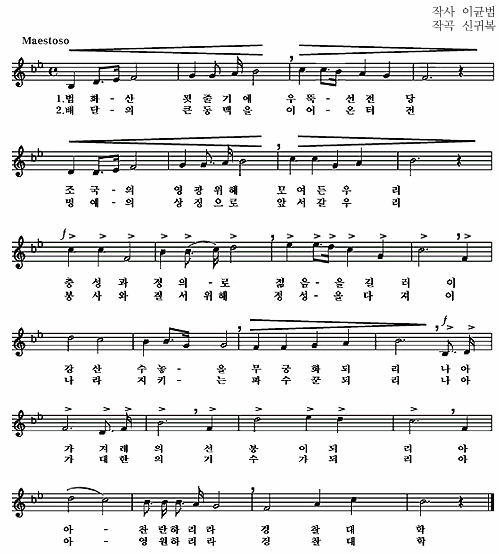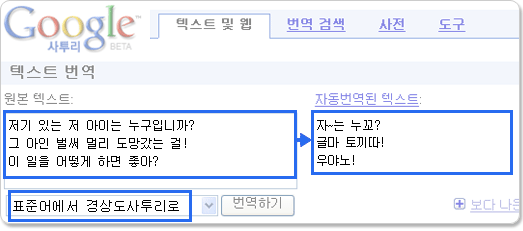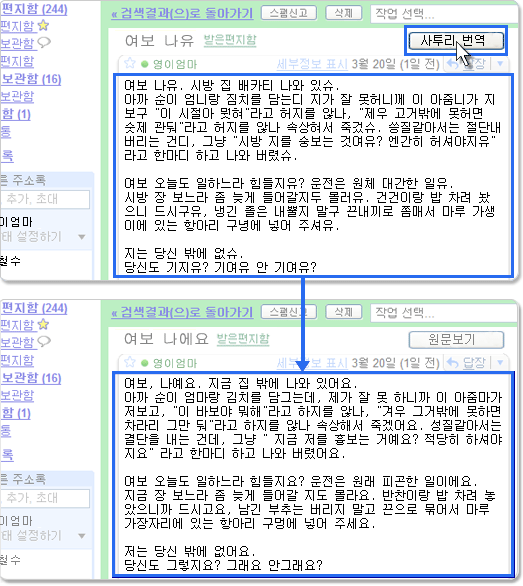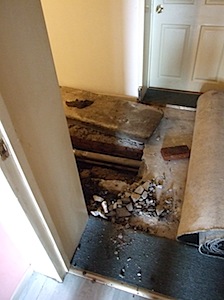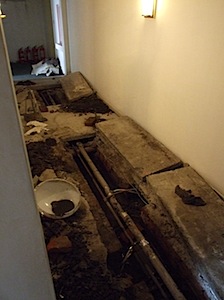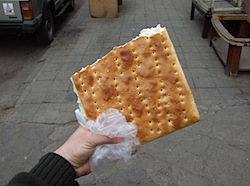A long time ago, in the last millennium, I designed a flashcard application for Mac OS that implemented something I called interval study (known elsewhere as spaced repetition or the Leitner method). I sold and later gave away the software at a website I created for my software tinkering called the Fool’s Workshop. I used the software every day for my own Chinese language study and I acquired a few fans before I abandoned development of the software when OS X came out. I also listed some of the other applications for Macintosh that I found online and reviewed some of them on the website and was surprised to find that this page is still riding high in the Google rankings for a number of different search terms.
I currently use iFlash for my vocabulary review. I’m particularly partial to iFlash because its developer was one of two who implemented interval study in a way that is almost identical to my old Flashcard Wizard application. I am always interested in the development going on around the web of similar kinds of software, and like an old timer telling war stories on his porch when he wasn’t really ever much of a soldier to start with, I again feel like sharing my thoughts on some of these applications.
To this end, I have created a new weblog over at the old Fool’s Workshop website:
Fool’s Flashcard Review
Here I will occasionally post reviews of flashcard software, to begin with mostly for Mac OS X, and I will especially focus those applications which attempt to implement some kind of interval study. My goal is to give language learners a resource to compare what is out there but even more importantly, to hopefully reach some of the developers who are working on this kind of software and convince them that these applications need to have certain basic features to be useful to those of us using their software to learn and maintain the languages we have studied, especially when we are away from the native language environment.
